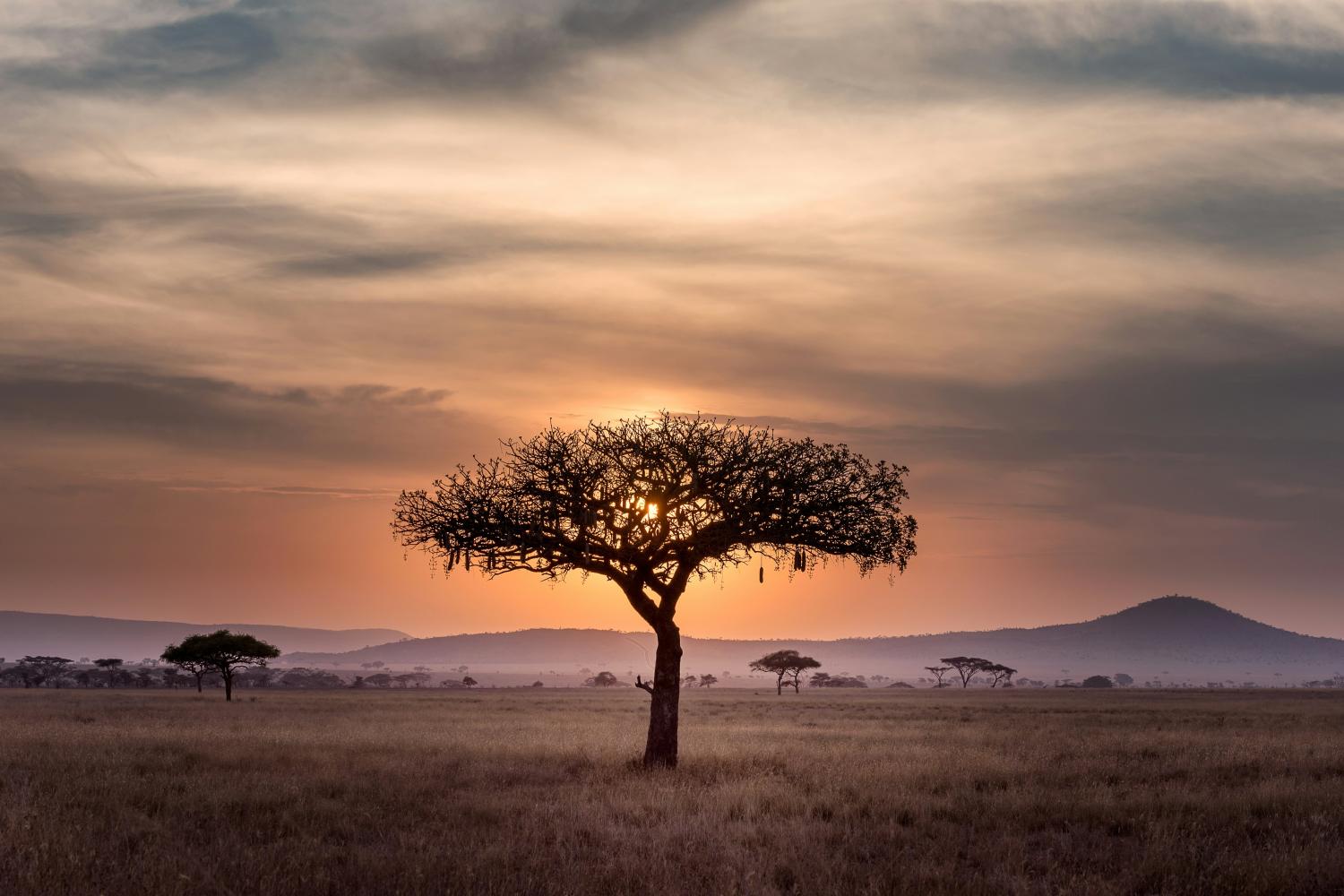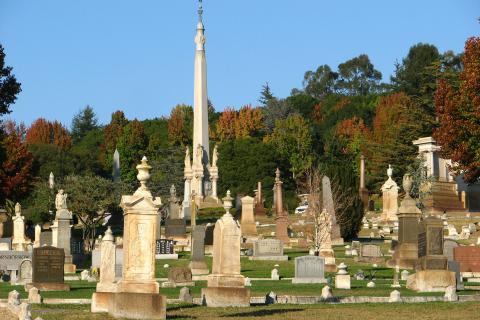
One of Africa’s newest cardinals recently gave an interview to the National Catholic Register on the massive growth of the African Church over the past few decades, marking some of the trends that seem to make for a new headline in Catholic news media every other week: the massive numbers of baptisms, the explosion of vocations to the priesthood and religious life, the steady stream of appointments of cardinals or bishops and archbishops for new, added dioceses.
“It is true,” Cardinal Protase Rugambwa said, “that the future of the Church is in Africa.”
His comment points to a tipping demographic scale in the Church, in terms of where the largest swaths of Catholics have been and will be located: Africa’s projected to be home to one in every three Catholics in the world by 2050, a shift away from what’s been a largely Western-dominated demographic.
It's worth taking a look at that tipping scale to wonder why things are playing out this way – why the Church would be expanding in one place and shrinking in another. Of course, there are a number of answers one could give to that kind of question. One could, for instance, try to make it a matter of intellectual sophistication. The West got smart, one might argue, while Africa lingers in an intellectual or scientific lag that keeps them moored to superstition and a silly belief in the supernatural. But that doesn’t quite work, if only because there are in fact really well-educated Catholics across the continent, who are more than equal to the intellects of the West.
Instead there may be a different, spiritual principle at play. From a Christian perspective, we’re certain of this truth: pride blinds to spiritual reality. It may be true that the West has gone further than Africa in the perception that we’ve mastered the world, that we can bend and shape it to our purposes through science and politics. But the resulting loss of a spiritual perspective is not a sign of our greater intelligence. It’s the sign of a moral wound, which gives rise to a spiritual blindness. In the refusal to acknowledge that we aren’t, actually, the center and masters of reality, there’s a whole, invisible world that we tend to be entirely ignorant to. African culture on the other hand, still humbler than the West, is still willing to admit those spiritual realities, and as a result can actually see more clearly than we can.
What’s interesting is that as the West, with all its technical and cultural advancements, has tended to think of itself as owning the future, its demographics and the vitality of its institutions and people have stalled; at the same time, Africa has flourished in many ways on both scores, maintaining a zest for life that’s palpable and extraordinary to those who encounter it. Africans don’t tend to be worried about the future disappearing on them like the West is. And this is another promised mark of pride: to think oneself God inevitably leads to barrenness; to delight in being his creature leads to vitality, joy, life.
On a secular mindset, any social or political theory would say that Africa should be dwindling, finding its place as a minor player in the Church and in the world. But instead they’re bursting with life, and growing in a highly sophisticated, enculturing religion with a lot of speed. For us, that’s a good lesson in our own lives and in that of our communities: humility won’t diminish us. Rather, to be who we are, to remain in the grooves of who God’s made us to be, really is the font of our flourishing.
It’s already a rare thing for an American lawyer to receive the opportunity to clerk for a Supreme Court Justice, but Father Patrick Ready will likely be the first-ever Catholic priest to serve in that capacity when he clerks for Justice Brett Kavanaugh in the Supreme Court’s upcoming term.
Enrich your week by encountering two Catholics whose lives have a lot to say to modern Christians: Venerable Augustus Tolton, the first Black Catholic priest in the United States, and Venerable Matt Talbot, and Irish layman who overcame a decade of struggles with alcoholism and went on to be known as the “urban mystic.”
Ukraine’s leading Catholic archbishop says that his country’s fight against Russia represents religious freedom’s survival: “Where the occupying Russian authorities come, any freedom, including religious freedom, disappears.”
The ancient Christian heartland of Iraq is rebuilding and recovering from ISIS’s reign of terror.
What are the origins and purpose of the sign of peace at Catholic Mass?


